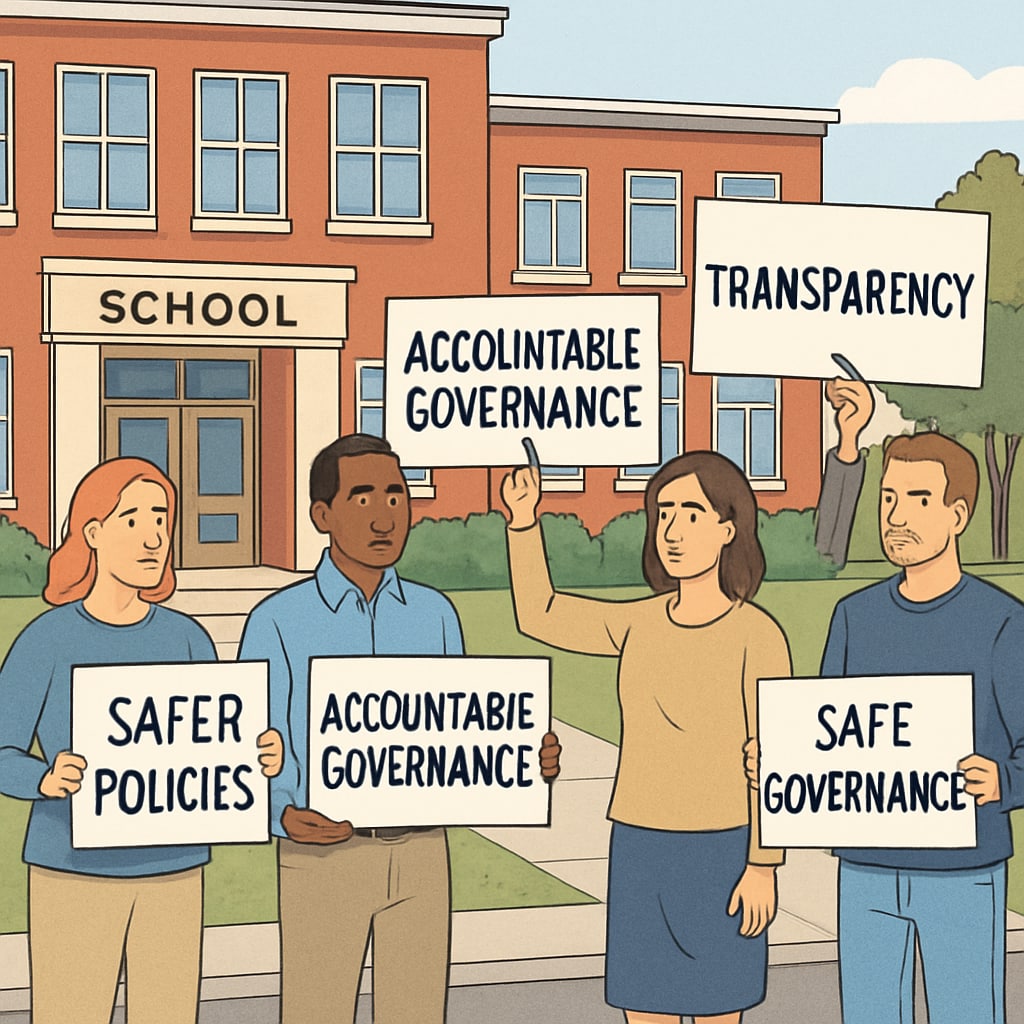When schools appoint board members with controversial histories, such as allegations of child abuse, community concerns about transparency and student safety inevitably arise. These situations place school governance under scrutiny and raise ethical dilemmas for administrators, parents, and residents. How should communities respond, and what measures can be taken to ensure the well-being of students?

Community Concerns Over Board Member Histories
One of the primary issues is trust. School boards are entrusted with making decisions that directly impact the education and safety of students. When a board member has a documented history involving allegations of child abuse, community members often feel betrayed and question the transparency of the appointment process.
For example, in some cases, past legal judgments or public records reveal troubling behavior. While the individual may claim rehabilitation or dispute the allegations, families often struggle to reconcile these claims with the responsibility of protecting children. As a result, parents and community members may organize petitions, attend public meetings, or speak out to demand accountability.
In addition, transparency becomes a critical factor. Communities frequently ask whether background checks were conducted or whether the board deliberately withheld information. This lack of disclosure can exacerbate tensions, leading to calls for reform in governance processes.

Legal and Ethical Pathways for Concerned Communities
When faced with such dilemmas, communities have various legal and ethical avenues to express their concerns and advocate for change. Here are some actionable steps:
- Petitions and Public Advocacy: Parents and residents can start petitions demanding the resignation of controversial board members or advocating for stricter vetting processes.
- Engaging Legal Channels: In some instances, families may pursue legal measures if they believe the board’s actions violate state or federal laws protecting children.
- Transparency Requests: Filing Freedom of Information Act (FOIA) requests can reveal documents related to the appointment process, providing insights into decision-making protocols.
- Community Forums: Organizing forums allows residents to openly discuss their concerns with school administrators and board members, fostering dialogue and accountability.
These actions, while often challenging, empower communities to protect educational environments. For example, Britannica’s school board overview highlights the importance of community engagement in governance.
Improving Transparency in School Governance
To address these issues proactively, schools must establish robust governance protocols. Improved policies can help restore trust and ensure student safety. Some recommended practices include:
- Comprehensive Background Checks: All board members should undergo thorough screening processes, including criminal background checks and public record reviews.
- Clear Disclosure Policies: Boards must disclose any relevant histories of candidates to the community before appointments are finalized.
- Ethics Committees: Establishing independent ethics committees can provide oversight for controversial decisions, ensuring accountability and impartiality.
- Community Involvement: Schools should involve parents and community representatives in decision-making processes to foster transparency.
Additionally, organizations like Wikipedia’s Child Abuse Prevention resource provide valuable guidelines for safeguarding children in institutional settings.
By adopting these measures, schools can mitigate future risks and ensure that governance aligns with the values of safety, trust, and ethical responsibility.
Conclusion: Building a Safer Future for Students
Concerns about school board members with histories of child abuse highlight the critical need for transparent and ethical governance. Parents, residents, and educators must work together to address these challenges through advocacy, legal channels, and proactive policy reforms. Ultimately, the safety and well-being of students should remain the top priority in every decision related to school leadership.
As communities unite to demand accountability, schools have an opportunity to rebuild trust and create environments where every student can thrive.


